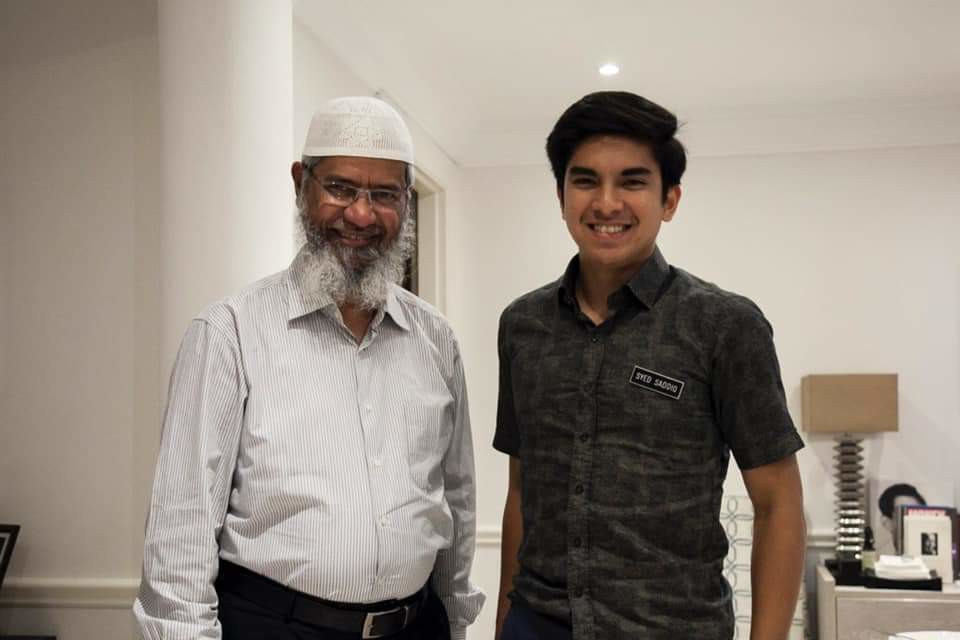Unity & Malaysia Day

Unity. Our politicians demand this while entrenching long term barriers towards this.
Brian Lee
As we celebrated Malaysia Day earlier last week, the news cycle was dominated by demands by politicians and cabinet ministers for Malaysians to embrace unity.
Unity. Our politicians demand this while entrenching long term barriers towards this. In his call to unity, Dr Mahathir said that Malaysians need to take responsibility to uphold ethnic, religious and cultural diversity for the country’s stability and progress.
Yet this betrays the fact that for much of our recent history, the rights of states and local communities have been largely eroded by interference by the federal governments.
As a resident of Peninsular Malaysia, I can’t help but resonate with the efforts of East Malaysians to better administer their own states – after all they would best know the needs of their own local communities.
Their call for greater discussions and their rejection of the Constitution (Amendment) Bill on MA63 in April showed that it was important that all parties involved give ample space for discussion and agreement on key issues.
Listening is key and it is unfortunate that I did not see any particular call towards this aside from comments made by Tunku Ismail Idris in Persada last weekend.
He had called for the youth to make their voices loud and clear, to demand for greater responsibility and transparency from their leaders and that he would do his utmost to assist youth organisations in pursuing a more unified Malaysia.
According to comments made by attendees at Malaysian Youth Council (MBM) Congress, the efforts of the council to support youth organizations have become increasingly difficult under the Pakatan Harapan government.
Youth Minister Syed Saddiq deserves the criticism that has been heaped upon him. His actions, especially of late, belie the failure of Pakatan Harapan to build anything that resembles Malaysia Baru.
He had betrayed the trust of moderate Malaysians everywhere when he broke bread with figures that threatened our social fabric, sheepishly asking Malaysians to “move on”.
Instead of leveraging the nationwide access that the various organizations that are under his Ministry’s Jurisdiction – he instead dismisses them and ignores their views.
All the while, placing members of his own parties in key points of access within his Ministry’s portfolio.
When a 13 year old student attempted to voice his views on the status quo, he simply dismisses him with the same dismissive attitude that his critics during the election campaign had levied against him.
Nor has he communicated a proper vision to reduce our growing youth unemployment rate beyond his endorsement of GoJek, a foreign company instead of homegrown entities.
But to blame Syed Saddiq alone is a gross misrepresentation of the underlying spirit of entitlement that the Pakatan Harapan displays on a whole.
Despite their calls for unity and labelling critics as “traitors to the nation”, their actions highlight their true nature.
Malaysians are all too familiar with their string of broken promises, ones that even their keenest of their supporters have given up on keeping track.
The government insists on pursuing their own “policy goals”, albeit ones that are clearly driven by special interests.
Look at the actions of Minister of Housing and Local Government, Zuraidah Kamaruddin who labels ‘One-term gov’t’ critics as traitors, while embarking on a campaign to sell off high-end luxury housing to foreigners.
Tun Mahathir and Syed Saddiq themselves lead a party singularly concerned over Malay rights and given their actions – from the comments made at the Bumiputera Congress to Syed Saddiq’s tone-deaf u-turn over Zakir Naik, are everyday Malaysians the only ones to blame in addressing the specter of parochial politics?
Perhaps the most important lesson here is that the UMNO-PAS alliance is only a threat due to the inability of Pakatan Harapan to abandon old ways of thinking.
Addressing the state of the country cannot be driven by placing blame and guilt upon us, but requires responsibility and sincere actions to combat them.
TMJ’s comments towards building a truly unified Malaysia reminds us that for all the talk of principles of those in government during the election campaigns – they were ultimately lip service.
The reality is that it seems that we are left with a government that is only interested in exploiting the system of old – a sentiment unfortunately is shared by many grassroots in Pakatan’s component parties, be it DAP, PKR or PPBM.
While their leaders decry racial politics in their speeches and letters from ivory towers, little is done in addressing the day-to-day actions of by their own party members in positions of power.
As much as they attack voices that call them a “one-term government”, their actions and broken promises show their true nature.
It reeks of entitlement, and that is something that all Malaysians would be happy to get rid of.

